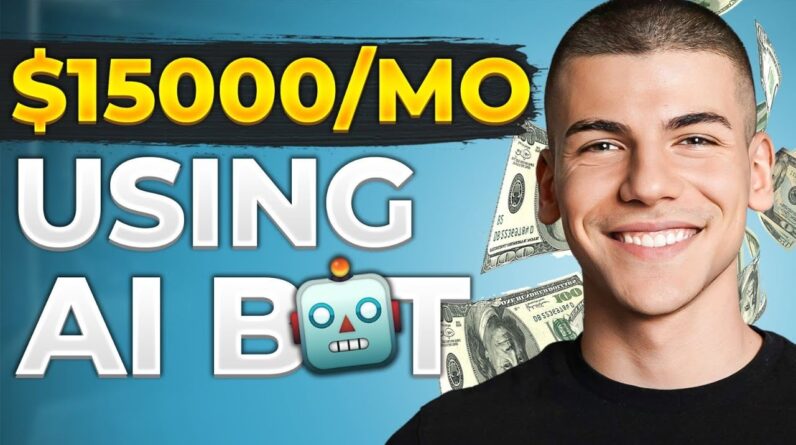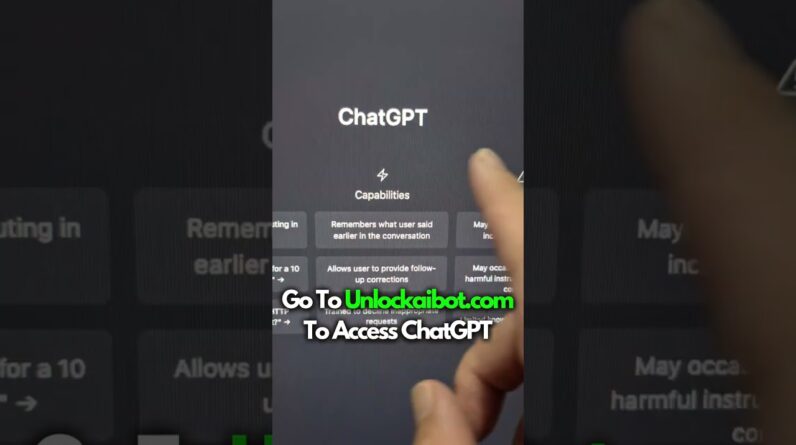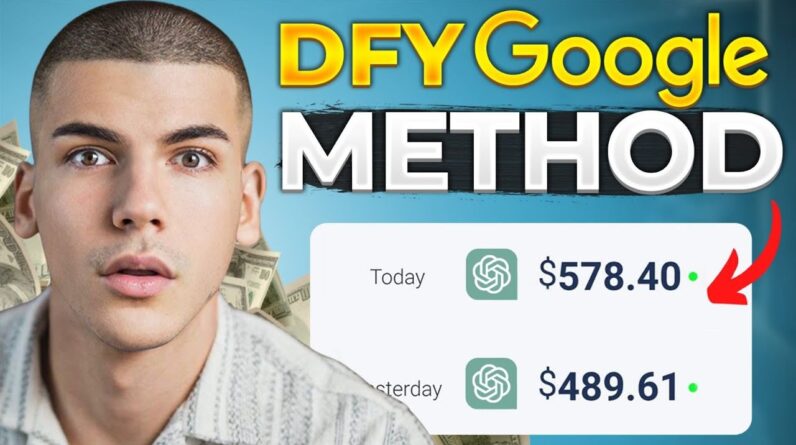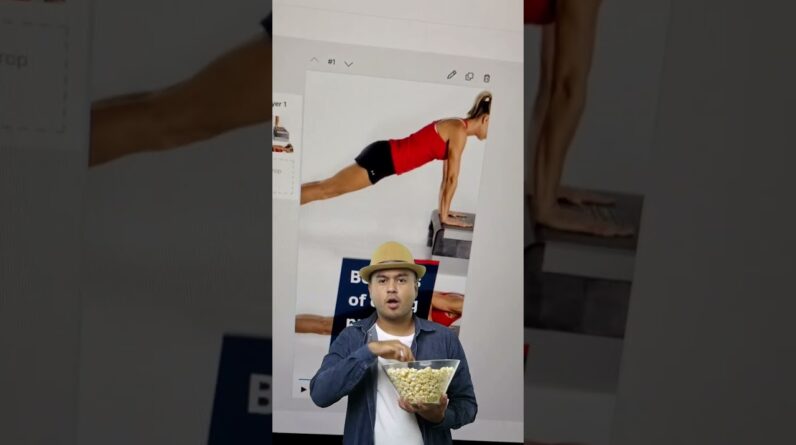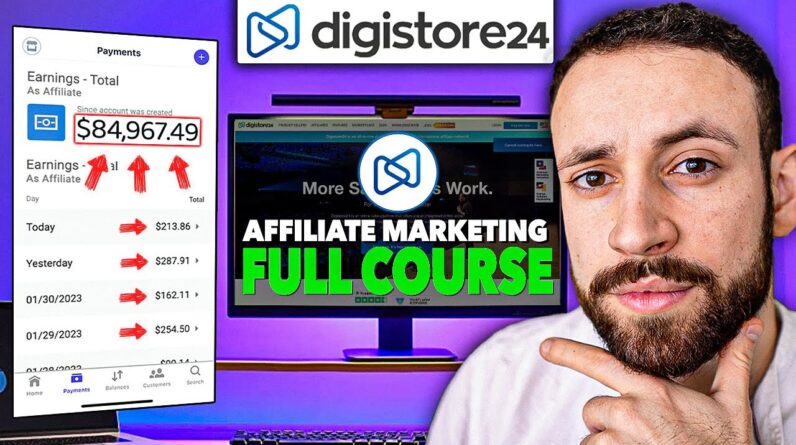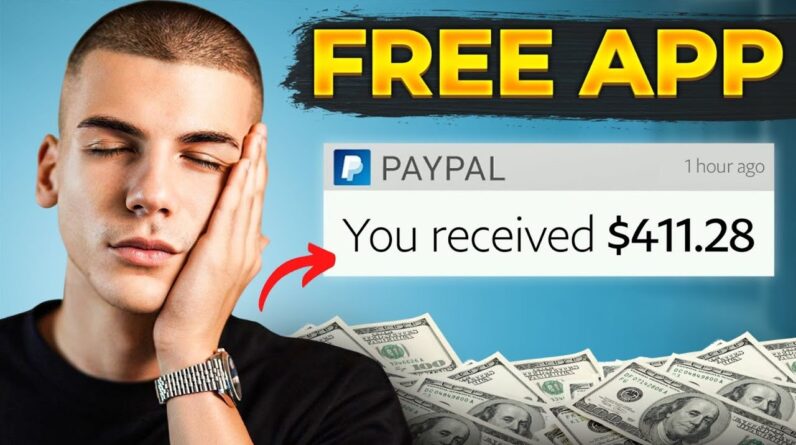In 2016, I filmed
an episode of "Black Mirror" called "Nosedive." It's about a woman named Lacie
who lives in a futuristic world where everyone rates
your social interactions. And for anyone who hasn't seen it,
a little spoiler. I basically have a nervous breakdown,
trying really hard to get liked. For many, the episode
felt a little too familiar. Until recently, only a small fraction
of the human population lived their lives publicly. And while we haven’t entered
the “Black Mirror” world yet, we’ve entered a new era.
Everyone has access to a global audience. We all live in public. Some more willingly than others. There's pressure to share
more of ourselves than we want. We often feel we have no other choice. To be relevant. To fit in. To get ahead. To be trusted and liked.
Accepted and understood. This new compulsion toward self-exposure is possibly the biggest
social experiment in history. We're making life-altering decisions
about our personal boundaries with no guidance and no precedent. Fortunately, there is a blueprint. Anyone who's lived in the public eye as an athlete,
a politician or an entertainer has navigated a version of this. My dad has been a public figure
since he was five years old, as an actor, a child actor,
and later as a director. And I've been an actor
since my early twenties. In fact, my family has been
in the business of entertainment for three generations, contending with how to handle
putting ourselves out there for the last 70 years.
My mom, Cheryl, never wanted
to be in the public eye. She just happened to love a man who is. My mom met my dad, Ron, when they were 16. And by that point
she had flown solo in an airplane, joined an all-boys gun club, gotten in tons of fist fights and helped her single dad
raise her younger sisters. This is to say, my mom was
a passionate, busy young person who initially ignored the attention
of the famous boy in her high school. It was the early 70s, and my dad was known for playing Opie
in the "Andy Griffith Show," and he'd soon film a pilot
for a new show called "Happy Days." Much of this was lost on my mom.
The only thing she watched
on TV was "Star Trek." (Applause) (Laughter) It's true. After they finally joined forces, after he actually proposed three times, and had kids, my mom transformed
into a full-on warrior woman, ready to protect. But it wasn't until I was given a movie script at preschool as a way to get it to my dad … (Laughter) that my mom realized his visibility
was extending to the entire family, and that she would need
to prepare us for something she herself had never experienced.
Growing up in the public eye. And this entailed
some extreme parenting tactics. First. No coddling, like ever. As a kid, I was terrified of snakes, so my mom got me a pet snake. (Laughter) When I blanked at my first piano recital
and ran offstage crying, my mom insisted
I stay and support my peers. Years later, when my son
grimaced at a chipmunk carcass, our cat had left in the driveway, Cheryl made him clean up the remains.
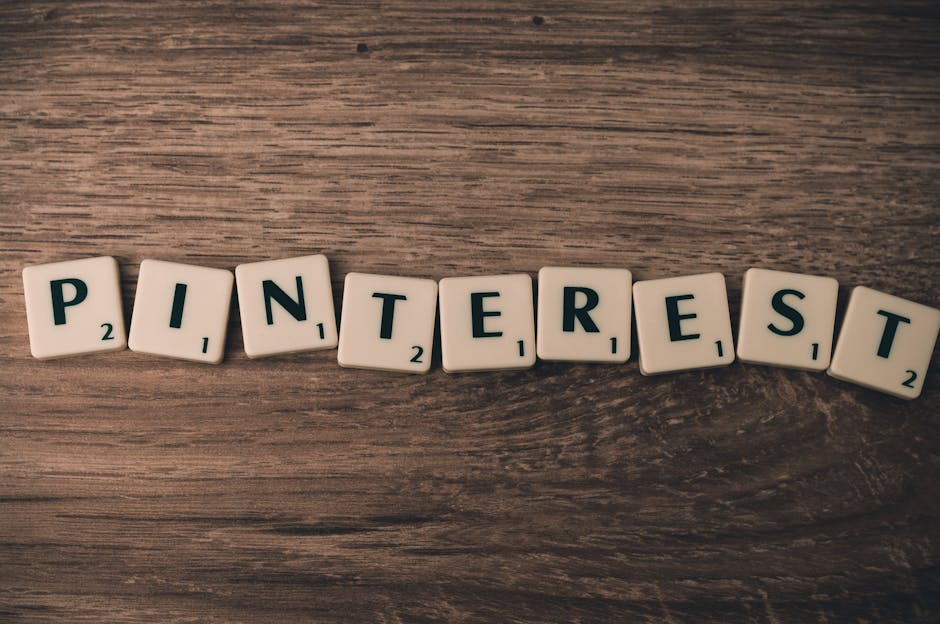
(Laughter) My mom wanted to toughen us up so we'd have more courage and less fear when dealing with
uncomfortable situations. So that meant zero coddling. Put your comfort away, she'd preach. Any challenge that arose
was an opportunity to find your sea legs. Next up, confidence comes from character, not our looks. Cheryl was a giant buzzkill. When she noticed me
glancing in the mirror as a kid, she decided to nip that
in the bud immediately by covering up
all the mirrors in the house. (Laughter) A loving compliment was,
"You have wonderful character," not "You're beautiful." Oh, and character was built
by doing chores. (Laughter) When I wasn't mucking out the goat barn,
I was shearing sheep, changing tires, scrubbing toilets,
volunteering, shoveling snow. Cheryl believed that hard work, particularly in service of others, breeds confidence, a trait we need more and more of when exposing ourselves
to any kind of public attention. But perhaps the most important lesson was: a private life makes
a public life worth living. Cheryl saw that while fame
came with many blessings, there was an impact and a potential cost
to living your life in public.
And so more than anything, she,
like my grandparents before her, emphasized the value of privacy. Because cultivating
a private life is precious. It's sacred. Its value is inherent
in what you don't share. What you withhold. And for whom. The world is now one big small town. But within that virtual town square,
there are tiers of relationships, degrees of intimacy, and everyone deserves
a different amount of you, a different side. Now, where those boundaries lie is up to you. But in order to make those decisions, we must all be our own Cheryl, our own protectors. Because it's tempting to think
that the more I share, the more ways you have to connect with me. But there's a specialness in knowing that whatever I share with my husband
or my kids or my best friend is just for them and no one else.
Without that inner circle,
we're left with shallowness and a void. We're known, but never truly known,
even to ourselves. Living in public
asks us to be brave and bold, but preserving a private life
empowers us to take those chances. So when my 15-year-old son
started a YouTube channel and my 10-year-old daughter
asked to join TikTok, I asked myself, "What would Cheryl do?" As much as I want to protect my kids, I know encouraging them to opt out
is not the answer. So I don't want my kids
in the digital fray until they know who they are.
But you develop your sense of self
by participating in the world. So I try to help them discover themselves
through these technologies, not despite them. And I give myself that same protection
and motherly advice by honoring two main principles. The two day delay. So whatever I'm experiencing, I try to wait 48 hours
before posting and sharing because that way I can be present
in private with the people I love before calculating how
I'm going to publicly position it. And post with purpose. Before I share, I ask myself:
Why? What's the purpose? And most importantly,
how does it serve the people I love? The dangers and opportunities
of living a life in public existed, honestly,
way longer before any of this.
But it's important to know
what my family knew then and knows now. That your true value is measured
by the richness of your private life. The piece of you that only a select few, or perhaps only you, has access to. Because the legacy we create in private is as powerful and lasting
as any public accolade. Perhaps even more so. Thank you so much. (Applause).


